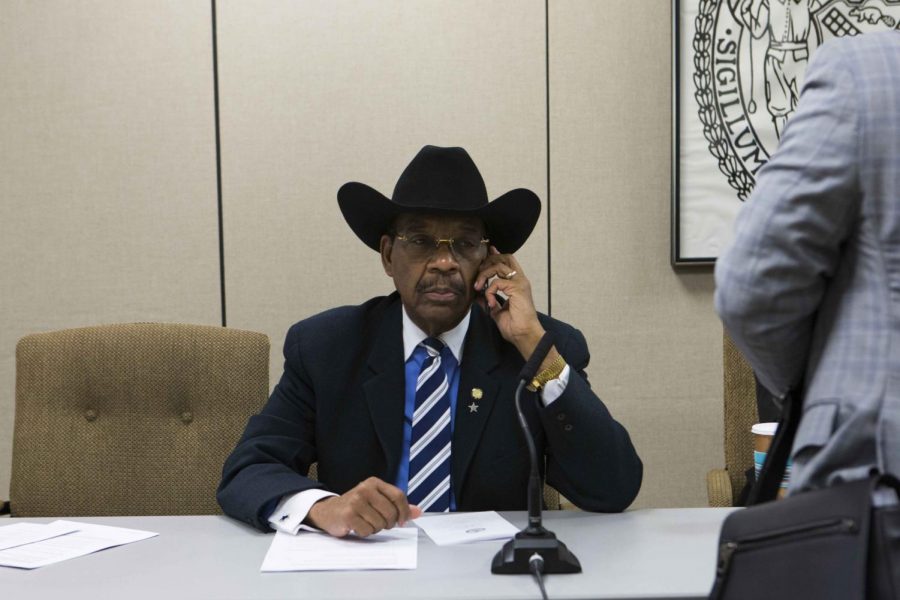Democrats Must Embrace Diverse Ideologies, But Ruben Must Step Down
By Edward Sheehan
Over the last few weeks, New York City Councilman Ruben Diaz Sr. has found himself under increasing pressure to resign over his homophobic remarks. Diaz, a Democrat and Pentecostal minister known for his fiery social conservatism, claimed last week that gays control the New York City Council (even though only five of 51 council members are openly gay).
This, in addition to past statements comparing homosexuality to bestiality, has led to a chorus of voices, most significantly Bill de Blasio and Diaz’s own son, Bronx Borough President Ruben Diaz Jr., to call for him to step down or apologize.
Diaz’s statements are indefensible and he should step down, and Diaz Jr.’s condemnation of his father comes from genuine disgust with Diaz Sr.’s views and not political ambition. However, this controversy raises questions about the sustainability of New York City’s current political alignment.
New York is a Democrat-dominated city, to say the least. In the 2017 city council elections, Republicans only won four seats (one with a self-proclaimed Democrat running as GOP), scattered in the most distant suburban neighborhoods of the outer boroughs.
Just a decade ago, Republicans like Rudy Giuliani and Michael Bloomberg (in his first term) were able to win the mayoralty with commanding margins. Now, de Blasio won two-thirds of the vote in the 2017 mayoral election, and there are no promising Republicans in sight.
Once, third parties like the Conservative Party on the right and the Working Families Party on the left could use New York’s unique cross-endorsement system to play an influential role in elections, but over time these have become mere adjuncts to the Democrats and Republicans. But that, of course, does not make the city a political monolith by any stretch.
New York is one of the most diverse cities on Earth and has citizens ranging from socialists to liberals to conservatives (not to mention immigrants, still invested in the politics of their mother countries).
But as American politics become ever more centralized, candidates who do not march to the beat of the national party line will be ostracized. Sometimes this will be good.
The Democrats have no room for a Ruben Diaz Sr., and I would hope the people of his Parkchester district reject him in the next election.However, there needs to be more room to reflect the tremendous intellectual and ideological diversity of this city.
Municipalities all over the country have begun embracing new voting systems, particularly ranked choice. I propose that New York take it a step further, and create a fully proportional voting system for its city council. This would allow the city’s politics to reflect its diversity.
Now, such a system would be chaotic, beyond a doubt, but so is this city. The fact is, a one-and-a-half party city where the dominant political force is increasingly homogeneous ideologically will not be a functioning political entity.
It should also be remembered that a difference between local and national politics is far from unheard of. In most Canadian provinces, the party system is different from that of the national level.
And if such an experiment were to succeed, New York could be a laboratory for new multi-party politics. All New Yorkers deserve a voice, except for Ruben Diaz Sr., who should step down.
Edward Sheehan, FCRH ’22, is a history major from Needham, Massachusetts.








































































































































































































